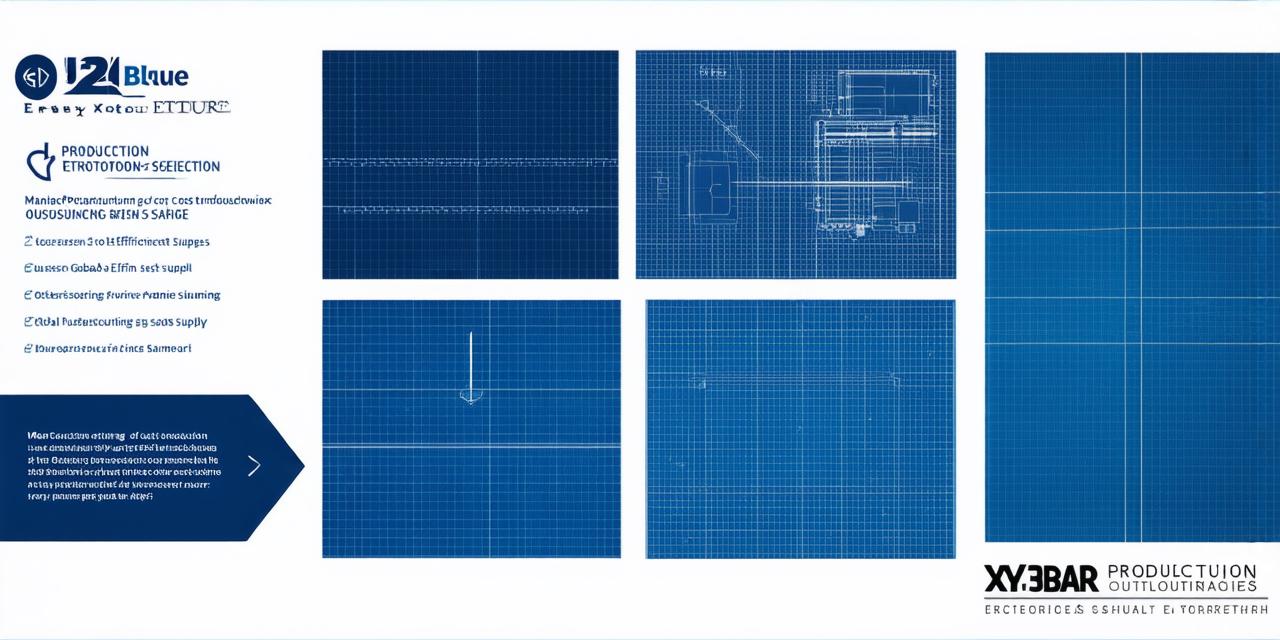Production outsourcing refers to the practice of outsourcing the production of goods or services to a third-party supplier who specializes in that area. This is often done for cost savings, improved efficiency, and increased flexibility. In this article, we will explore what production outsourcing is and its benefits.
What is Production Outsourcing?
Production outsourcing involves the transfer of the manufacturing process from one company to another. The outsourcing company takes on the responsibility for producing the goods or services needed by the other company, which may focus on design, marketing, or sales.
Benefits of Production Outsourcing
There are several benefits to production outsourcing, including:
-
Cost Savings: One of the primary reasons companies outsource production is to reduce costs. By leveraging the expertise and resources of an outsourcing partner, companies can achieve significant cost savings on labor, materials, and overhead expenses.
-
Improved Efficiency: Outsourcing production to a specialist supplier can improve efficiency by freeing up resources within the company to focus on core competencies. The outsourcing partner may also have access to advanced technology and processes that can streamline production and increase output.
-
Increased Flexibility: Outsourcing production can provide greater flexibility in terms of product development and prototyping. Companies can work with their outsourcing partners to quickly develop new products or modify existing ones, without having to invest in expensive equipment or infrastructure.
-
Reduced Risk: Production outsourcing can also reduce risk for companies by transferring the responsibility for production to a specialized supplier. This can help mitigate the risk of supply chain disruptions or quality issues that may arise within the company’s own operations.
-
Improved Quality Control: Outsourcing production can also improve quality control by leveraging the expertise and resources of the outsourcing partner. The partner may have specialized knowledge and experience in a particular area, such as quality assurance or testing, which can help ensure that products meet the highest standards.

Conclusion
Production outsourcing is an effective way for companies to achieve cost savings, improved efficiency, increased flexibility, reduced risk, and better quality control. By leveraging the expertise of a specialized supplier, companies can focus on their core competencies and develop new products or modify existing ones quickly and efficiently.
